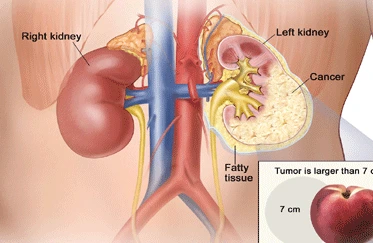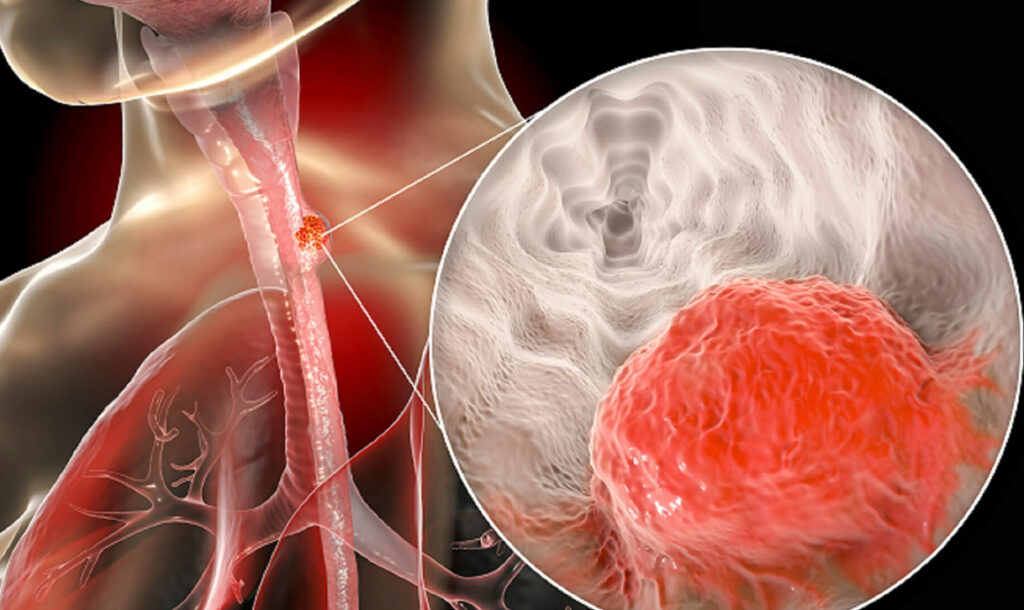Heart disease covers a range of disorders which affect our arteries, blood vessels, or the heart, leading to narrowed or blocked arteries and preventing the heart from pumping blood efficiently, thereby leading to hypertension.
As published in Indian Express on April 14, 2013 – The secret of Good Health is intelligent consumption of beneficial foods rather than simply avoiding harmful foods. With increasing prevalence of hypertension at a young age, strategies for prevention and management need to be understood and implemented. The most well-kown approach for controlling high blood pressure has been reducing intake of sodium. While sodium restriction is important, management of high blood pressure involved many other nutrients and adequate intake of potassium, calcium, fibre, phytochemicals, omega 3 fats and controlling waist size.
The DASH diet, a diet for controlling high blood pressure, evolved out of multi-center studies conducted by National Heart, Lung and Blood Institute, USA. The DASH diet, an eating plan low in fat, saturated fat, and cholesterol and rich in fruits, vegetables, low-fat dairy products along with sodium restriction was more effective in lowering blood pressure than low sodium diets.
A large clinical study tested the effect of DASH diet on patients with elevated blood pressure. Participants ate a diet rich in fruits, vegetables, and low fat dairy products. They avoided red meat, sweeta and sugar rich drinks. The DASH diet provided high amounts of fibre, potassium and magnesium.
In a second study, participants reduced consumption of sodium and salt. Some participants followed the DASH diet, whike others followed a typical American Diet. Results showed that lowered sodium intake led to reduced blood pressure levels in both the groups but the group that followed DASH diet had the most sigificant results.
Heart disease covers a range of disorders which affect our arteries, blood vessels, or the heart, leading to narrowed or blocked arteries and preventing the heart from pumping blood efficiently, thereby leading to hypertension. Hypertension is high persistent blood pressure (above 140 mm Hg systolic and 90 mm Hg diastolic).
What causes High Blood Pressure ?
Food is one of the most imporant elements of life. Not only the amount of food we eat, but also the different food groups we eat, make a significant impact on our health. Thus, controlling diet and lifestyle changes are critical in the effective treatment of high blood pressure.
One should be cuatious reagrding the following factors :
1) Positive Family history
2) High Sodium intake in the form of increased salt intake or processed foods
3) Overweight and obesity
4) sedentary lifestyle
5) excessive alcohol consumption
The following nutrients help fight Hypertension :
POTASSIUM – Good sources of potassium include fruits and vegetables like potatoes, spinach, tomatoes, bananas, oranges and dry fruits.
CALCIUM – It is needed for contraction and relaxation of heart muscles, thereby making it an essential nutrient for fighting hypertension. Low fat milk, yogurt, green leafy vegetables, almonds, sesame seeds and tofu are good sources of calcium.
FIBRE – High fibre diet helps lower systolic and diastolic blood pressure. Whole cereals and pulses, dal, peas, soybean, fruits and vegetables, wheat bran, oat bran etc. can imcrease fibre intake.
W-3 FATS – Good sources of w-3 fats include fatty fish, mustardoil, walnuts, wheat, arjma, lobia, flax seeds, methi seeds and soybean.
MAGNESIUM – Magnesium deficiency leads to low lecels of calcium and potassium in the blood as well as changes in the heart and circulatory system. Whole grains, pulses, dal, spinach, whole wheat bread, nuts and tofu are good sources of magesium.




